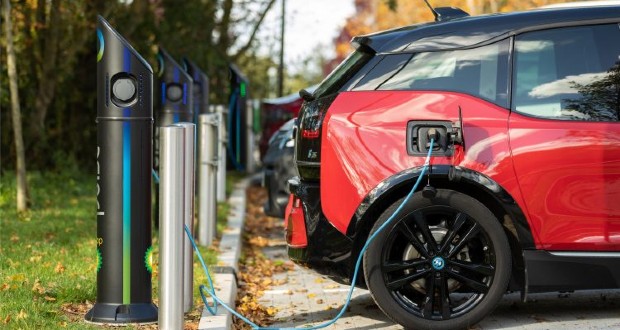Owain Mortimer, technology and innovation manager at the SMMT, this morning told the ACS Power Mobility and Convenience Conference, that the country would need 2.3 million charge points by 2030, the point at which the sale of petrol and diesel vehicles is due to be phased out.
Mortimer said that the government had pledged £1.3bn to fund the infrastructure for vehicle charging, which will need to cope with increasingly large power outputs as electric vehicle batteries get more powerful and therefore need bigger chargers.
Mortimer said: “Public chargers matter because 93% of EV (electric vehicle) owners still use public charging.
“Many don’t have off-street parking and even for those that do it isn’t always possible to install a charger in their home.”
Mortimer added that important factors for retailers and forecourts offering chargers would include ease of payment, reliability and pricing transparency.
Tom Callow, head of insight and external affairs for oil giant BP, told the conference that the company was “really focused on the faster sort of chargers”.
He said that the company was aiming to increase its 90 ultra fast chargers (UFCs) in the UK today to 200 by the end of this year and 700 by 2025.
Callow added that BP had found that the UFC chargers were much more heavily used than slower versions, which meant that there needed to be fewer of them.
He added that forecourts would still need to offer petrol and diesel, as even after no more new petrol and diesel vehicles are produced it will take far longer for the second-hand vehicle market to shrink.
 Talking Retail Grocery and product news for independent retailers
Talking Retail Grocery and product news for independent retailers






